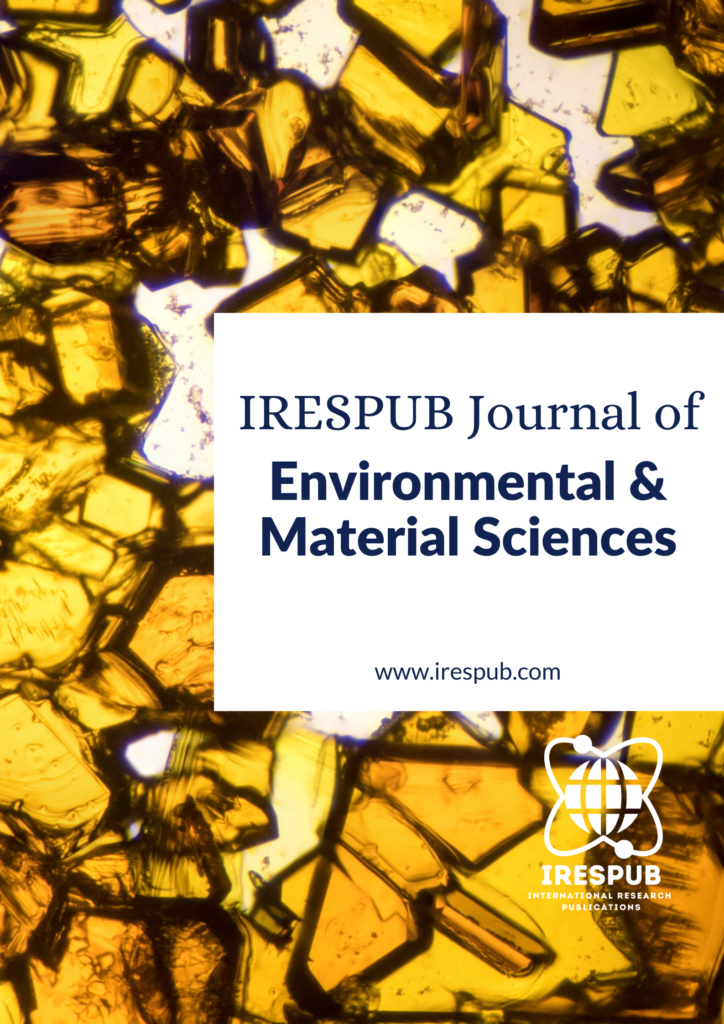
Year Launched: 2021
Journal Menu
- Scope & Research Areas
- Instructions for Authors
- Article Processing Charge
Journal List
- Natural & Applied Sciences
- Life Sciences
- Business Management
- Education & Literature
- Humanities & Cultural Studies
- Medical & Dental Sciences
- Engineering & Computer Sciences
- Agriculture, Food & Nutrition
- Environmental & Material Sciences
- Wellness & Lifestyle Management
- Arts & Ideas
- Law, Policy & Religion
Assessment of quality management practices of ministry of housing registered building construction companies in Nigeria, a case study of Anambra State
Volume 2, Issue 1, Jan-Feb 2022 | Page 18-30 | PDF (459K) | Pub. Date: February 23, 2022
Author(s)
Osegbo, C.U1*, Okolie, K.C2, Ezennia, I.S3, Okoye, N.M4; 1 & 4 Lecturer II and 2 Professor, Building Department; and 3 Lecturer I, Architecture Department, Environmental Sciences Faculty, Nnamdi Azikiwe University, Awka, Nigeria
Abstract
Quality issues have been of great concern throughout the recorded history of man and its management has a direct impact on the level of client satisfaction and overall organizational performance in the dynamic and competitive global market. The study adopted survey design for its research design effected through literature review and well-structured questionnaire. The study assesses quality management practice of building construction companies registered with Anambra state Ministry of Housing, for delivery of public building projects in Nigeria. Data for the study were obtained through structured questionnaires administered to 150 staff and management of 58 building construction firms registered with Anambra state Ministry of Housing out of which 120 questionnaires were returned and analyzed using tables, SPSS version 22 and mean score index. The result revealed that the quality management practice of Building construction companies in the study area do not conform to the international standard but they are more interested in getting work done just to receive payment. Also, lack/inadequate employees’ education and training; lack of top management commitment/support emerged the most challenging to QM practice. The study concluded that most firms do not have established system for managing quality. The study therefore recommends that Building construction companies in Anambra state should establish a clear and well-defined QM system duly communicated from management level to site operatives such as ISO 9001 QMS, they should also train their staff regularly. Government should establish Quality control units.
Keywords
quality management practice; building construction companies; Anambra state public building projects
Cite this paper
Osegbo, C. U., Okolie, K. C., Ezennia, I. S., Okoye, N. M. (2022), Assessment of quality management practices of ministry of housing registered building construction companies in Nigeria, a case study of Anambra State, IRESPUB Journal of Environmental & Material Sciences. Volume 2, Issue 1, Jan-Feb 2022, Page 18-30
References
[1] Abdul, R.R. (2017). Quality Management in Construction Projects. London: Taylor and Francis, CRC Press,2017.
[2] Abdullahi, U., Bustani, S. A., Hassan, A., and Rotimi, F.E. (2018). Assessing Quality Management Practice in Nigerian Construction Industry. Journal of Construction Business and Management, 3(2), 17-25. https://doi.org/10.15641/jcbm.3.2.56
[3] Abubakar, M., Abdullahi, M., and Bala, K. (2018). Analaysis of Causality links between the Growth of the Construction Industry and the Growth of the Nigerian Economy. Journal of Construction in Developing Countries, 23(1): 103-113. https://doi.org/10.21315/jcdc2018.23.1.6. https://www.researchgate.net/publication.
[4] Agbenyega, I. (2014). Quality Management Practices of Building Construction Firms in Ghana. A Unpublished master’s thesis, Department of Building Technology, Kwame Nkrumah University of Science and Technology Ghana.
[5] Ahmed, M.I (2017). The Availability of ISO 9001-2015 requirements. Qalaai Zanist Scientific Journal, 5(2), 2518-6566.
[6] Aibinu, A., and Jagboro, G. (2002). The effects of Construction Delays on Project Delivery in Nigerian Construction Industry. International Journal of Project Management, 20, 593-599.http://dx.doi.org/10.1016/S0263-7863 (02) 00028-5.
[7] Al-Ani, R., and Al-Adhmani, F. I. (2011). Implementation of quality management concepts in managing engineering project site. Jordan journal of civil engineering, 5(1).
[8] Al-Musleh, A. (2010). Development of A Framework for Total Quality Management Principles in the Construction Companies with Special Reference to the Construction Companies in the State of Qatar. London, United Kingdom: University of London.
[9] Alwerfalli, D., Karatas, A., and Alshammari, M. (2016). Application of Quality Management Systems (QMS) in Construction Industry. Proceedings of the 2016 International Conference on Industrial Engineering and Operations Management Detroit, Michigan, USA, September 23-25, 2016
[10] Alwi, S., Hampson, K., and Mohamed, S. (1999). Investigation on the relationship between rework and Site Supervision in High Building Construction in Indonesia. The second International conference on construction process reengineering.
[11] Arditi, D., and Gunaydin, H.M. (1997). Total quality management in the construction process, International Journal of Project Management. 15 (4) 235-243.
[12] Arditi, D., and Mokhtar, K (2000) Trends in Productivity Improvement in the US Construction Industry. Construction Management and Economics, 18(2), 15-27.
[13] Ashford, J.L. (1989). The Management of Quality in Construction. London, U.K.: E and FN SPON.
[14] Ashokkumar, D. (2014). Study of quality management in construction industry. International journal of innovative research in science, engineering and technology, 3, special issue 1.
[15] Bert-Okonkwor, C.B. (2021). Developing a Total Quality Management Framework for concrete production in Anambra state. Unpublished PhD Dissertation, Department of Building, Nnamdi Azikiwe University, Awka.xvi+272.
[16] Calingo, L (1996). The evolution of strategic quality management. International Journal of Quality and Reliability Management, 13(9), 19-37.
[17] CIOB (2019). Code of Quality Management. The Chartered Institute of Building1 Arlington Square, Downshire Way,Bracknell, RG12 1WA, UK. www.ciob.org
[18] Ezeokoli F.O, Onyia C.I. and Bert-Okonkwo C.B.N, (2019). State of Readiness of NigerianConstruction towards D igital Transformation. The Construction Professionals’ Perception, Journal of Engineering Research and Reports 4(2): 1-11
[19] Freddy, O., Agus, P., Joko, S., Shofwatun, H., Dewiana, N., and Masduki, A. (2020). Does Quality Management System ISO 9001:2015Influence Company Performance? Answers from Indonesian Tourism Industries. Journal of Test Engineering and Management, Volume (83) Page Number:24808–24817.
[20] ISO (2015).ISO 9001 quality management systems–requirements. Geneva: InternationalOrganization for Stan dardization.
[21] Juran, J.M. (1986) The Quality Triology: A universal Approach to Managing for Quality, Quality Progress, pp19-24. Ibid., P538.
[22] Khan, M. (2004). Globalisation and its impact on the labour markets, Economic Vista, Quarterly magazine-intentional [online], Available at <URL: http://www.ecovista.netfirms.com./trade/globalisation.htm>, Accessed Decmber,2019
[23] Lukeicheva, S. and Romanovicha, M. (2016). The quality management system as a key factor for sustainable development of the construction companies. 15th International scientific conference “Underground Urbanisation as a Prerequisite for Sustainable Development”, 165(2016)1717-1721.
[24] Maguad, B. A. (2006). “The Modern Quality Movement: Origins, Development and Trends” Total Quality Management & Business Excellence, 17(2), pp.179-203.
[25] Maysoon, H.S. (2015) Challenges in the implementation of Quality Management in the Construction sector in Palestine. Unpublished Master’s thesis, Department Engineering Management, An-Najah National University, Nablus, Palestine.
[26] Mbamali, I (2019). A Paper Delivered At The Fct – Ubeb Training Workshop, On Quality Construction Projects And Facility Services Delivery. 4th – 6th September,2019.
[27] Nicholas, J.A. and Steyn, H. (2008). Project Management for Business, Engineering and Technology: Principles and Practices, 3rd Edition, UK: Butterworth Heinemann.
[28] Okuntade T.F. (2015) Barriers and Benefits of Total Quality Management in the Nigerian Construction Industry. International Journal of Engineering Works,Vol. 2, Issue 1, PP. 7-13.
[29] Oladinrin, T. O., Ogunsemi, D.R., and Aje, I.O. (2012). Role of Construction Sector in Economic Growth : Empirical Evidence from Nigeria. African Journals Online Vol.7No.1 (2012) 50-60 DO:10.4314/fje.v7i11.4.
[30] Oludare, O.S., and Oluseye,O. (2016). Quality Management practices among construction firms in Lagos state, Nigeria. PM World Journal. Vol. V, Issue VI-June,2016. www.pmworldjournal.net
[31] Ong, F., Purwanto, A., Supono, J., Hasna, S., Novitasari, D., and Asbari, M. (2020). Does Quality Management System ISO 9001:2015Influence Company Performance? Answers from Indonesian Tourism Industries. Test Engineering and Management, (83)24808–24817
[32] Osegbo, C.U., Okolie, K.C., Okeke, A.U., Ezeokoli, F.O., and Akaogu, A.C. (2021). Quality Management Practices of Building Construction Firms inProject Delivery in Anambra State, Nigeria. International Journal of Progressive Research in Science and Engineering, 2(10), 113-121. October 2021.
[33] Osho, B.O. (2019) Quality Management Practices of Contracting Firms in Building Project Delivery. International Journal of Civil Engineering and Technology (IJCIET) Volume 10, Issue 05, May 2019, pp. 273-280. Available online on; www.iaeme.com, IJCIET_10_05_028.pdf
[34] Page, I and Gordon, G (2017). What is quality in buildings? BRANZ study Report SR380. Judgeford, New Zealand: BRANZ Ltd.
[35] PMI. (1996). A guide to the project management body of knowledge. Project Management Institute, Pennsylvania.
[36] Popova, L. F (2017). Formation of a quality management system based on a process approach in the management of industrial enterprises.
[37] Salaheldin, S.I. (2009). Critical Success Factors for TQM Implementation and their Impact on Performance of SMEs. International Journal of Productivity and Performance Management. 58(3), 215-237.
[38] Scrimshire, D. (2015). Understanding and exploiting the ISO 9001:2015 changes. Foundry Trade Journal, November 2015. 327-331.
[39] Shittu, A.A., Adamu, A.D., Mohammed, A., Suleiman, B., Isa, R.B.,Ibrahim, K., and Shehu, M.A (2013). Appraisal of Building Defects Due to Poor Workmanship in Public Building Projects in Minna, Nigeria. Journal of Engineering, Vol.3, Issue 9, Pp, 30-38.
[40] Smallwood, J., and Rossow, J. H (2008). The implementation of quality management systems in South African construction. COBRA 2008- Construction and Building Research Conference of the Royal Institution of Chartered Surveyors, Dublin, Ireland https://www.researchgate.net/publication
[41] Tan, C. K., and Abdul-Rahman, H. (2005). Preliminary research into overcoming implementation problems in construction projects. Proceeding of the 4th Micra Conference. Faculty of the Built Environment, University Malaya, 08.15-08.28.
[42] Wanderi, E. N., Mberia, H., and Oduor. J. (2015). Evaluation of factors influencing Total Quality Management implementation in Rwadan construction companies: case of fair construction company. European Journal of Business and Social Sciences, Vol.4, No. 03, June 2015.P.P.14-28URL: http://www.ejbss.com/recent.aspx-/ISSN: 2235 –767X.
[43] Willar, D. (2012). Improving Quality Management System Implementation in Indonesian Construction companies. Unpublished Ph.D. Dissertation, School of Civil Engineering and Built Environment Science and Engineering Faculty. Xiv+282

